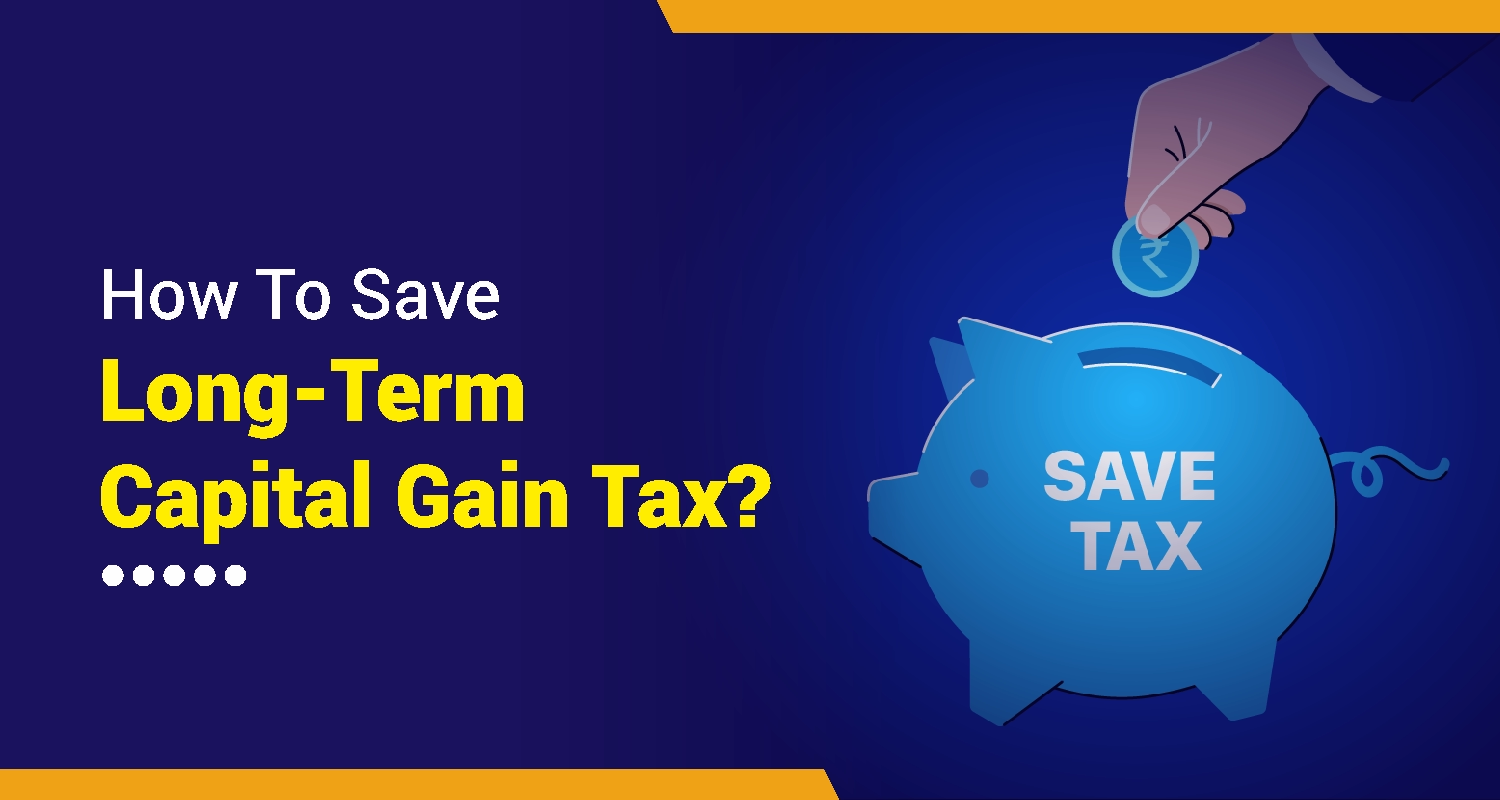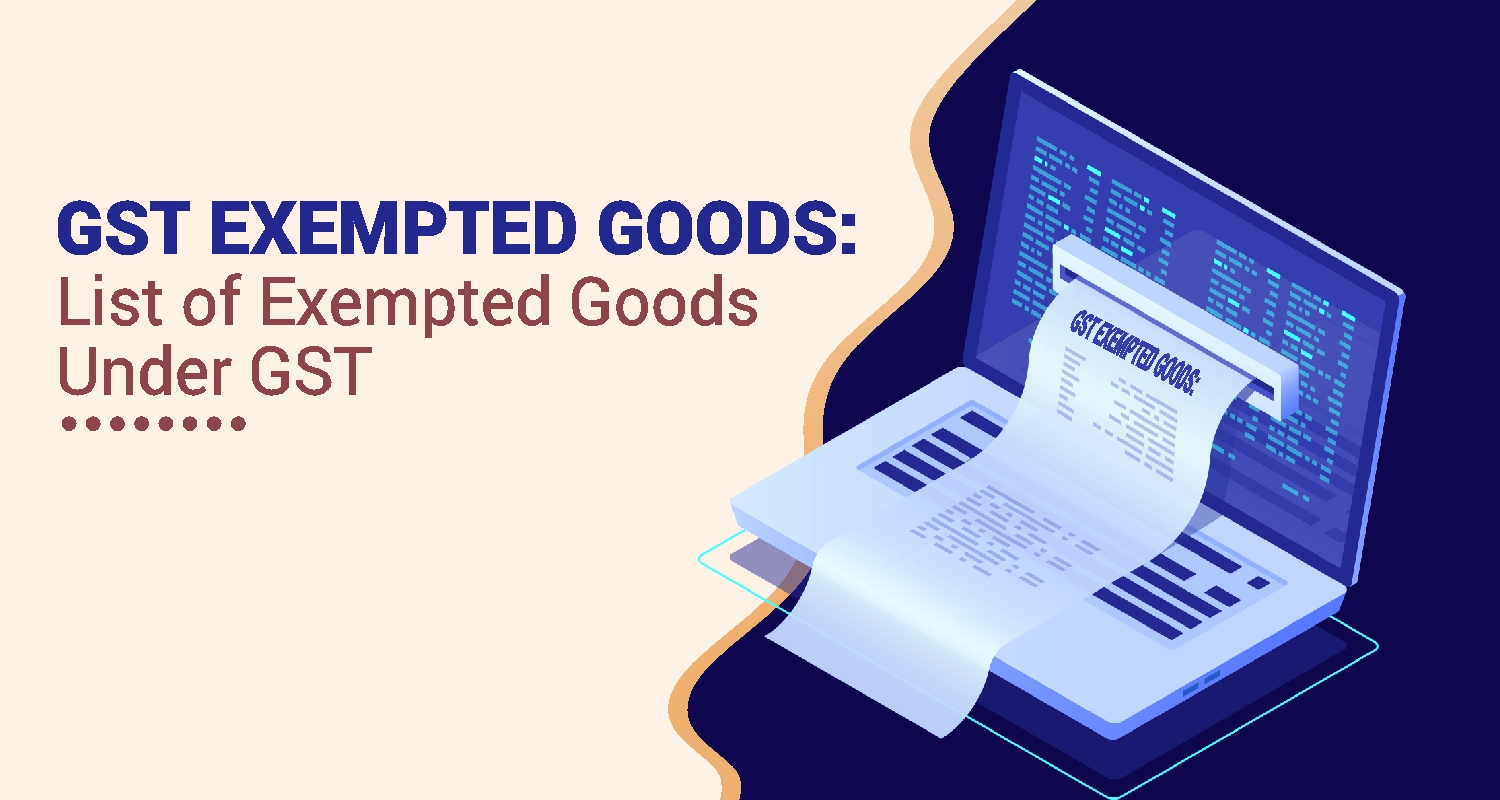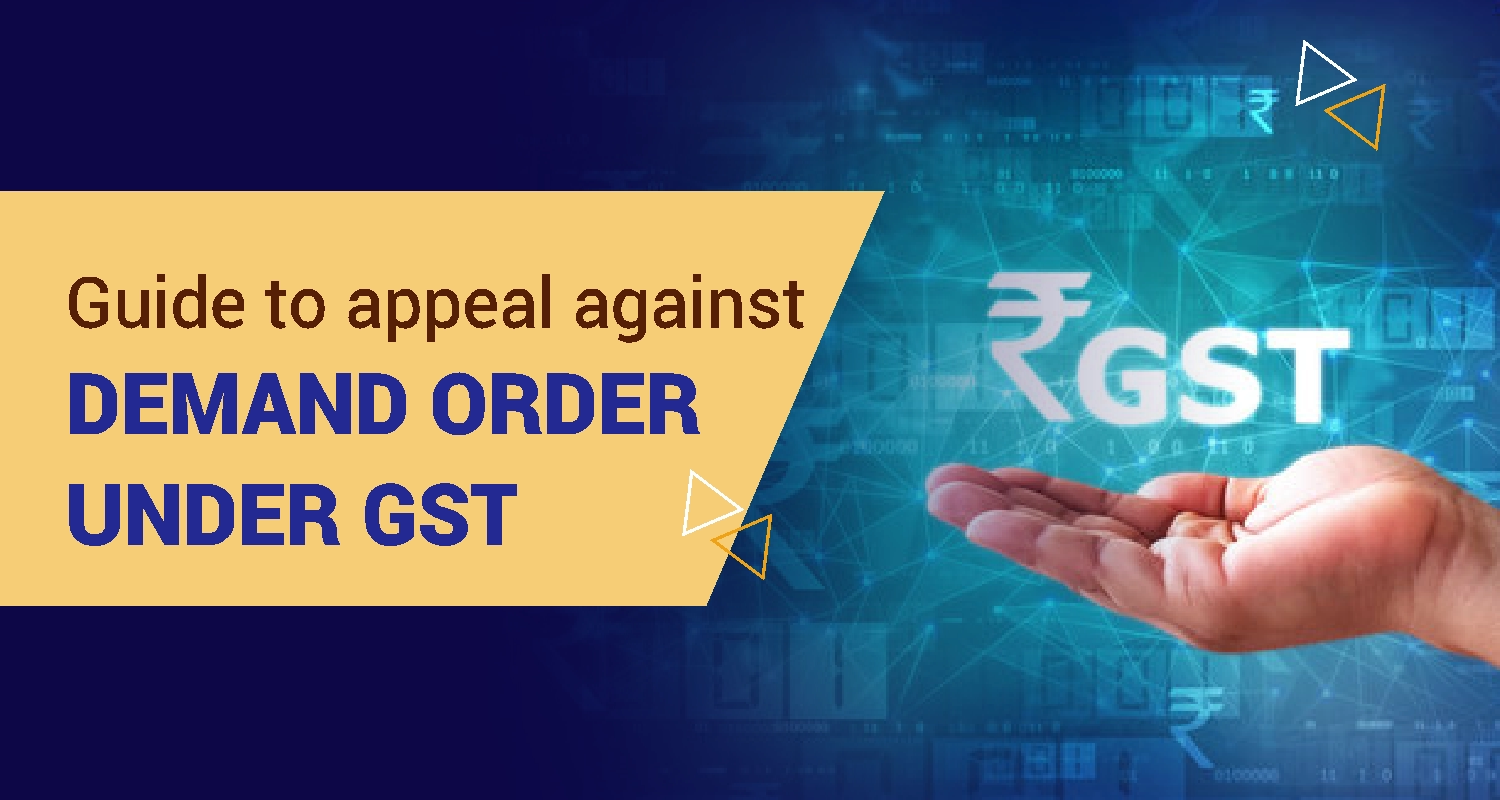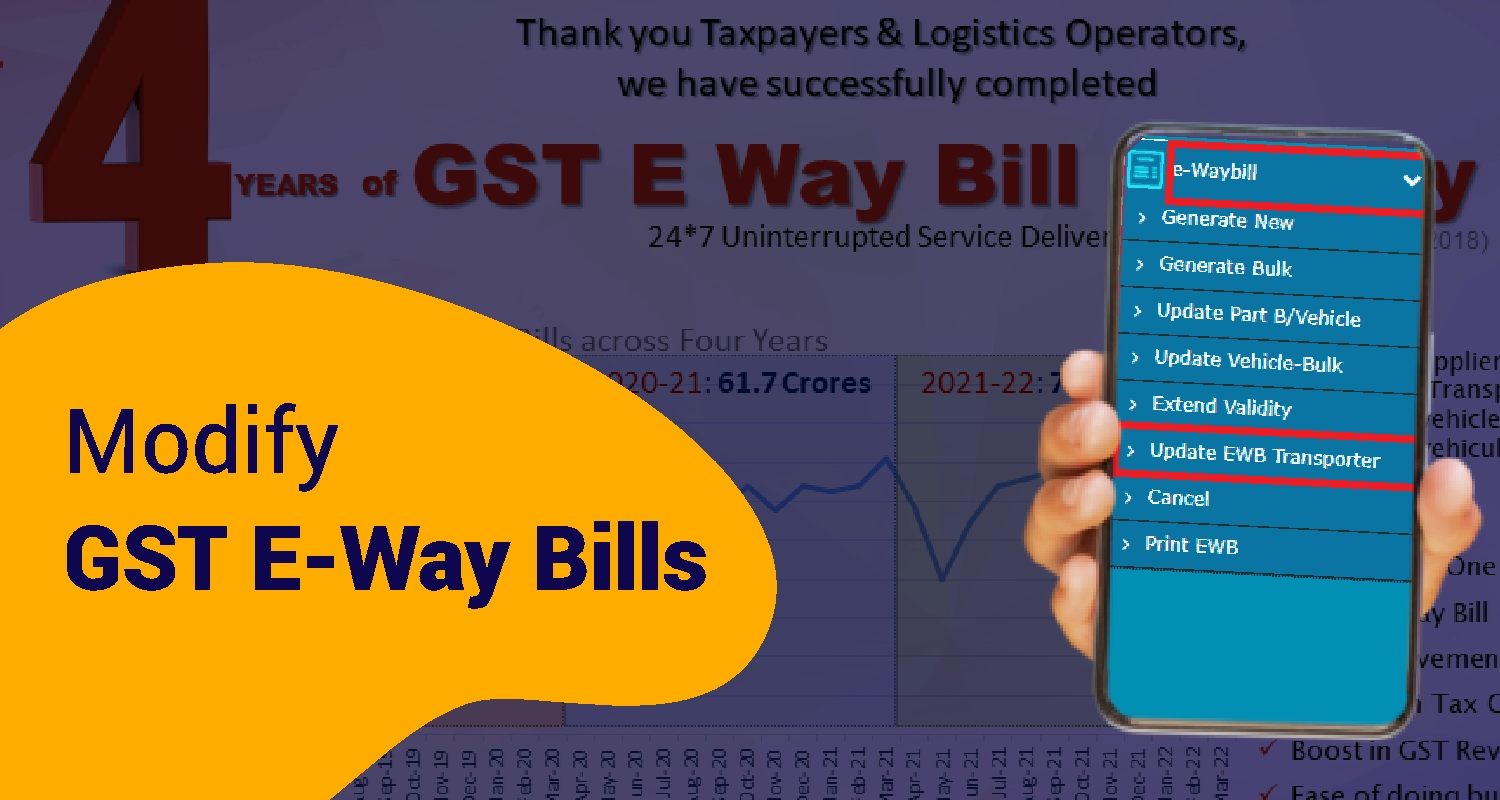Long-Term Capital Gains Tax: Top Exemptions & Ways to Save

Saving or investing is often driven by the desire to grow wealth and enhance the value of one’s hard-earned money. However, taxes, particularly long-term capital gains tax, can significantly impact these earnings. Since Budget 2018, gains exceeding Rs.1 lakh from shares, stocks, and mutual funds have been subject to a 10% tax, reducing potential returns. While this may seem discouraging, strategic planning can help minimize tax liabilities and preserve your gains. This guide explores practical ways to save on long-term capital gains tax, ensuring your investments yield the maximum benefit.
What Are Long-Term Capital Gains?
Long-Term Capital Gains (LTCG) refers to the profit earned from selling a capital asset, such as stocks, real estate, or mutual funds, that has been held for more than one year.
Capital gains are the profits earned when you sell an asset for more than its purchase price. They are categorized as short-term or long-term based on the duration of ownership (as per FY2024-25 amendments):
- Short-term capital gains (STCG): Gains from listed securities held for up to 12 months or from other assets held for up to 24 months.
- Long-term capital gains): Gains from listed securities held for more than 12 months or from other assets held for more than 24 months.
For the LTCG tax rate, the Union Budget 2024 introduced a uniform tax rate of 12.5% on long-term capital gains across all asset classes. For short-term capital gains, the tax rate on listed shares and equity-oriented mutual funds was 15% until 22nd July 2024. However, effective 23rd July 2024, this rate has been increased to 20%, aligning it with other asset classes.
How To Save Long-Term Capital Gain Tax?
The exemptions to long-term capital gains are dealt with in Section 54, Section 54F, Section 54EC, Section 112A, and the CGAS scheme. Accordingly, the different exemptions to use to save LTCG are as follows-
Saving LTCG ON Property Sale:
The Indian Income Tax Act provides provisions to reduce or defer the LTCG taxes through Sections 54, 54F, and the Capital Gains Account Scheme (CGAS). Here’s how you can benefit from them.
Exemption Under Section 54:
Section 54 allows you to avoid LTCG tax if you reinvest the gains from selling a residential property into another residential property. The reinvestment must be within one year before or two years after the sale, and the new property must be located in India. The exemption amount is equal to the LTCG you incurred.
For instance, say you sold your house for Rs.90 lakhs, generating Rs.35 lakhs in LTCG, and buy a new home for Rs.50 lakhs within two years. Your LTCG exemption will be Rs.35 lakhs. The remaining Rs.15 lakhs will be taxable based on the applicable slab rate.
Sapna aapka. Business Loan Humara.
Apply NowExemption Under Section 54F:
Section 54F provides similar exemptions but applies to LTCG from various sources, such as shares or mutual funds. That means you can claim the exemption if you sell any of your assets and buy a house in two years. The reinvestment conditions remain the same as in Section 54.
For instance, if Ms. Gupta sells some stocks for Rs.60 lakhs, earning Rs.20 lakhs as LTCG, and within a year, she buys a new flat for Rs.30 lakhs, her LTCG exemption will be Rs.20 lakhs. The remaining Rs.10 lakhs will be taxed.
Here, do remember that if the reinvestment amount is less than the LTCG, only a partial exemption is granted. Delays in reinvestment beyond the specified period will reverse the exemption and tax it as income.
Capital Gains Account Scheme (CGAS):
CGAS allows you to defer LTCG tax by investing the gains in approved bonds within six months of selling the asset. You must invest a minimum of Rs.30 lakhs, and there is a three-year lock-in period. However, the interest earned on these bonds is taxable.
For example, Mr. Reddy sells agricultural land for Rs.1.2 crore, generating Rs.45 lakhs in LTCG. He deposits the entire Rs.45 lakhs into CGAS bonds. This defers the tax liability for three years, but the interest earned will be added to his taxable income.
LTCG Gained From The Sale Of Other Assets:
Section 54EC of the Income Tax Act, 1961, allows you to exempt LTCG from the sale of assets other than residential property. To claim this, you need to invest the entire sale amount in specific government bonds within six months of the sale. The conditions and exemptions included in the section are-
- Eligible Assets: Any asset held for more than 24 months (excluding agricultural land), like gold, shares, jewelry, debentures, or immovable property (except residential houses).
- Investment Period: The entire sale amount must be invested in specified bonds within six months of selling the asset.
- Lock-in Period: The bonds must be held until maturity, usually five years. Selling them early results in a penalty and cancels the tax exemption.
- Tax Exemption Limit: There is no limit on how much LTCG can be exempted under this section.
Say you sell your gold asset for Rs.10 lakhs, making an LTCG of Rs.5 lakhs. To get the tax exemption, you must reinvest the full Rs.10 lakhs into NHAI bonds within six months of the sale. This way, your Rs.5 lakhs LTCG is fully exempt from tax.
In the case of 54EC, remember to check the latest list of eligible bonds issued by the government before investing. Currently, the list of such eligible bonds for claiming 54EC exemption include-
- NHAI Series 11 Tax-Free 5-year Bonds
- NHAI Series 12 Tax-Free 5-year Bonds
- RECL Tax-Free 5-year Bonds
LTCG From Equity Investments:
Section 112A of the Income Tax Act, 1961, deals with the taxation of LTCG from the sale of listed equity shares and equity-oriented mutual funds. The exemptions under Section 112A are-
- You get a Rs.1.25 lakh exemption on LTCG in a financial year, encouraging long-term investment in equities.
- If you reinvest the entire LTCG within six months into specified bonds like Capital Gains Bonds (CGBs) or NHIDCL bonds, the tax on LTCG becomes zero.
- You can also claim an exemption if you use the gains to buy a new residential property. You must do this within one year before or two years after selling the equity asset. Alternatively, you can use the LTCG to build a new house within three years. The exemption is limited to the cost of the new property.
To qualify for LTCG benefits, equity shares or mutual fund units must be held for more than one year. Additionally, under Section 54EC, the maximum amount one can invest in specified bonds in a single financial year is Rs.50 lakh.
Conclusion
The LCTG can sometimes significantly dig into your gains, which is why using the exemptions and rules to the fullest is one of the best ways to lower your tax burden. Pick the one that works for you and club it with tax-saving strategies like tax-loss harvesting, investing in tax-efficient funds, or utilizing tax-deferred accounts to reduce your taxable income. The key is to plan ahead and stay informed about your options. This way, you can maximize returns while keeping your taxes in check. Choose the right strategy based on your financial goals and make tax efficiency a priority.
FAQs
Q1. Can one claim an exemption for two houses together?Ans. You can claim an exemption only for the purchase of a single house. If you use capital gains to buy multiple houses, the exemption will apply to the cost of just one property.
Q2. Can one still avail themself of the 54F benefit if they sold the assets outside India?Ans. Yes, you can sell assets outside India, but to claim the benefits under Section 54/54F, the house property must be purchased within India.
Q3. Is the indexation benefit still available?Ans. As per the changes announced in Budget 2024, you can either pay 12.5% LTCG without indexation benefits or 20% with indexation benefits.
Sapna aapka. Business Loan Humara.
Apply NowDisclaimer: The information contained in this post is for general information purposes only. IIFL Finance Limited (including its associates and affiliates) ("the Company") assumes no liability or responsibility for any errors or omissions in the contents of this post and under no circumstances shall the Company be liable for any damage, loss, injury or disappointment etc. suffered by any reader. All information in this post is provided "as is", with no guarantee of completeness, accuracy, timeliness or of the results etc. obtained from the use of this information, and without warranty of any kind, express or implied, including, but not limited to warranties of performance, merchantability and fitness for a particular purpose. Given the changing nature of laws, rules and regulations, there may be delays, omissions or inaccuracies in the information contained in this post. The information on this post is provided with the understanding that the Company is not herein engaged in rendering legal, accounting, tax, or other professional advice and services. As such, it should not be used as a substitute for consultation with professional accounting, tax, legal or other competent advisers. This post may contain views and opinions which are those of the authors and do not necessarily reflect the official policy or position of any other agency or organization. This post may also contain links to external websites that are not provided or maintained by or in any way affiliated with the Company and the Company does not guarantee the accuracy, relevance, timeliness, or completeness of any information on these external websites. Any/ all (Gold/ Personal/ Business) loan product specifications and information that maybe stated in this post are subject to change from time to time, readers are advised to reach out to the Company for current specifications of the said (Gold/ Personal/ Business) loan.



